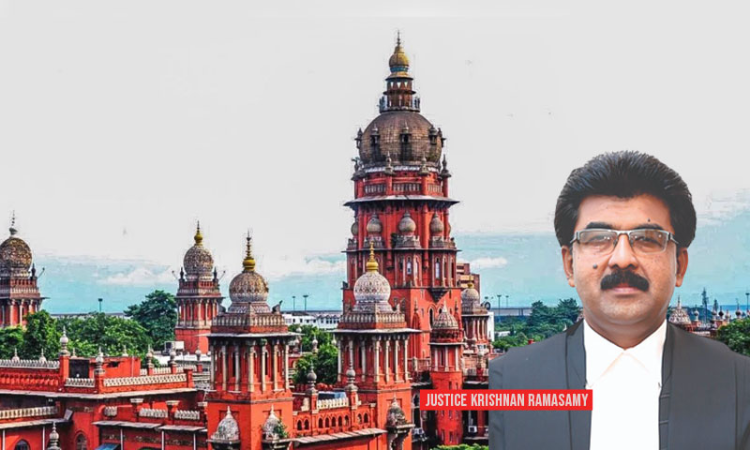The Madras High Court bench of Justice Krishnan Ramasamy has set aside an arbitral award where the opposite party proceeded with arbitration unilaterally and appointed the Arbitrator without any intimation to the claimants. Further, the claimants neither received notices of hearing nor appeared before the Tribunal, and consequently, the Arbitrator did not afford any opportunity...

